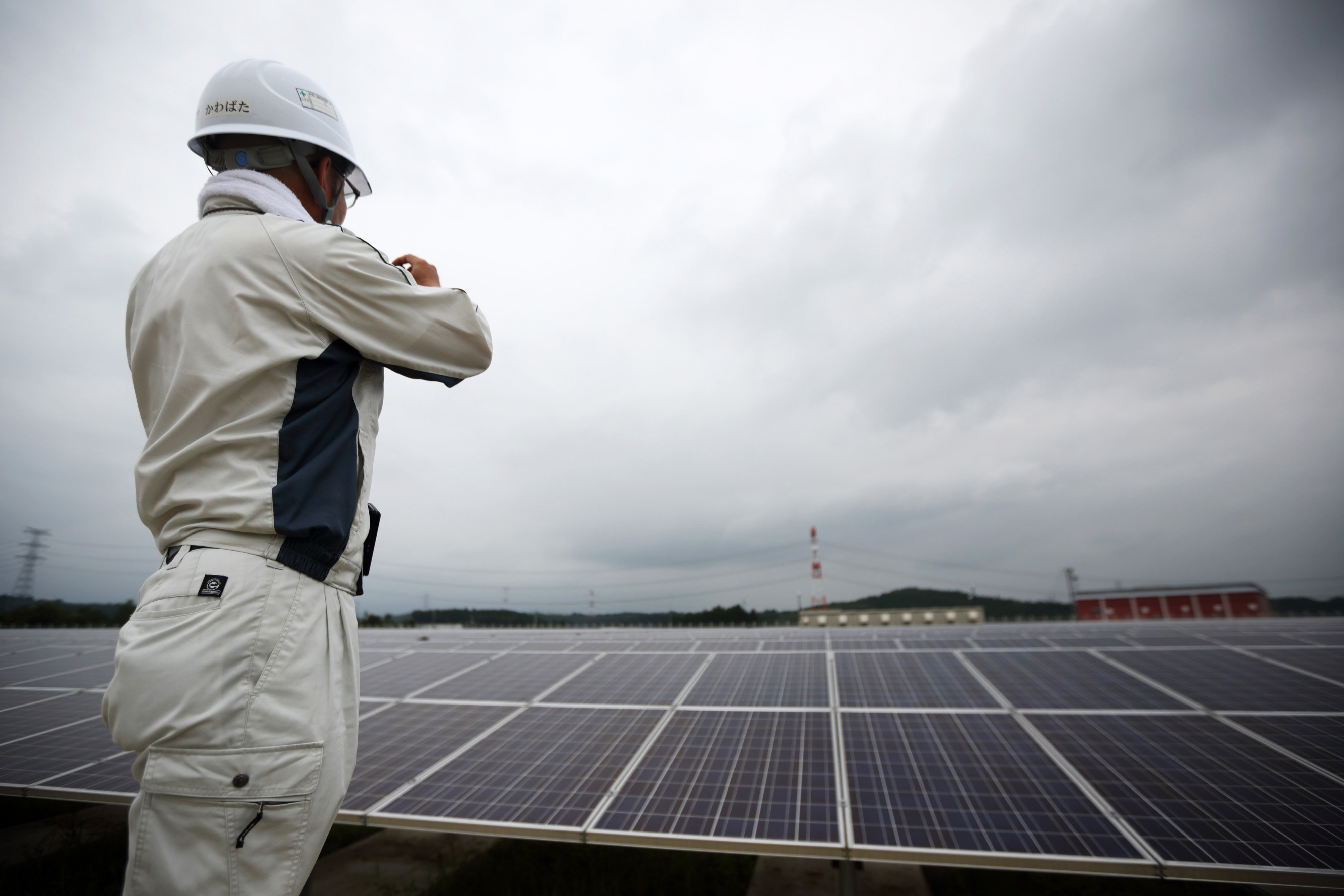When German Chancellor Angela Merkel was in Japan earlier this month, local coverage focused on a joint German-Japanese statement about the Ukraine crisis and her comment that Japan should forthrightly address its actions during World War II. She said nothing about how Japan and Germany have diverged on nuclear energy, and reportedly she and Prime Minister Shinzo Abe didn't discuss it with each other.
Germany decided to abandon nuclear power in 2011 as a direct result of the Fukushima No. 1 reactor disaster. The chancellor, a trained physicist, has said that her thinking was affected by the realization that such an accident occurred in Japan, which has a "high level of technology." Asked by a German reporter during a joint news conference why Japan continues down the atomic path, Abe replied that with all of Japan's nuclear plants idle the country has had to rely on imported fossil fuels for its energy needs. There is no way to provide an "inexpensive, stable" supply of energy except nuclear power generation, so once the safety of the nation's reactors has been "assured," they will go back online.
Later, when a Japanese reporter asked him why Japan didn't follow Germany's lead, Abe said that Germany can easily buy electricity from neighbors, whereas Japan cannot. By then, however, Merkel was gone, so her opinion couldn't be solicited. By remarking on European energy interdependence, Abe meant to imply that despite its non-nuclear policy, Germany still gets power from nuclear-dependent France. What neither he nor the Japanese press mentioned is that Germany also has a concerted policy for promoting renewable energy.



